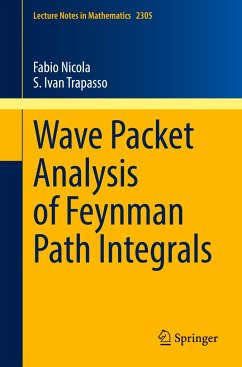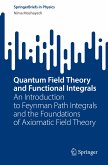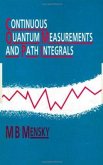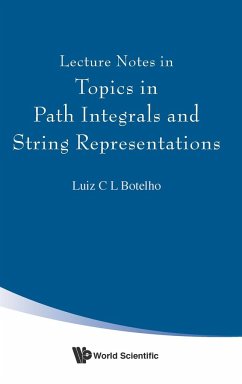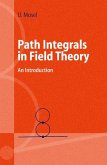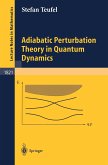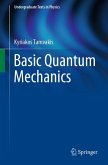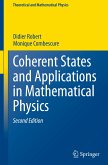The purpose of this monograph is to offer an accessible and essentially self-contained presentation of some mathematical aspects of the Feynman path integral in non-relativistic quantum mechanics. In spite of the primary role in the advancement of modern theoretical physics and the wide range of applications, path integrals are still a source of challenging problem for mathematicians. From this viewpoint, path integrals can be roughly described in terms of approximation formulas for an operator (usually the propagator of a Schrödinger-type evolution equation) involving a suitably designed sequence of operators.
In keeping with the spirit of harmonic analysis, the guiding theme of the book is to illustrate how the powerful techniques of time-frequency analysis - based on the decomposition of functions and operators in terms of the so-called Gabor wave packets - can be successfully applied to mathematical path integrals, leading to remarkable results and paving the wayto a fruitful interaction.
This monograph intends to build a bridge between the communities of people working in time-frequency analysis and mathematical/theoretical physics, and to provide an exposition of the present novel approach along with its basic toolkit. Having in mind a researcher or a Ph.D. student as reader, we collected in Part I the necessary background, in the most suitable form for our purposes, following a smooth pedagogical pattern. Then Part II covers the analysis of path integrals, reflecting the topics addressed in the research activity of the authors in the last years.
In keeping with the spirit of harmonic analysis, the guiding theme of the book is to illustrate how the powerful techniques of time-frequency analysis - based on the decomposition of functions and operators in terms of the so-called Gabor wave packets - can be successfully applied to mathematical path integrals, leading to remarkable results and paving the wayto a fruitful interaction.
This monograph intends to build a bridge between the communities of people working in time-frequency analysis and mathematical/theoretical physics, and to provide an exposition of the present novel approach along with its basic toolkit. Having in mind a researcher or a Ph.D. student as reader, we collected in Part I the necessary background, in the most suitable form for our purposes, following a smooth pedagogical pattern. Then Part II covers the analysis of path integrals, reflecting the topics addressed in the research activity of the authors in the last years.
"The book is written in a reader-friendly manner, and is addressed to students and researchers interested in mathematical physics and/or time-frequency analysis. ... They have done their best to make the content accessible to a wide audience. The book can be used both for self-study and for a special course addressed to Ph.D. and masters students." (Yana Kinderknecht, Mathematical Reviews, Issue 4, March, 2024)

